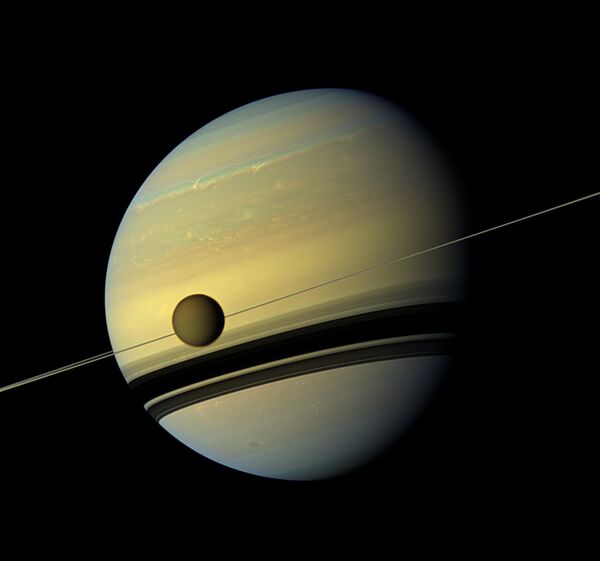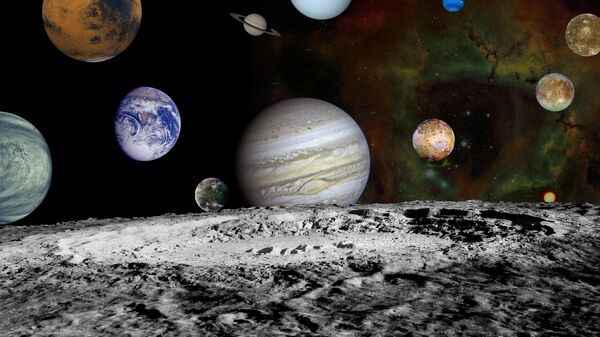If anyone would have the monetary power and capability of colonizing another planet, it would certainly be Musk and his SpaceX project and regular hints and references on Twitter are one way he gets the publicity machine to gather much momentum amongst enthusiasts and experts alike. His latest tweet, hinting at exploration plans going way beyond Mars, is no different. It is now also expected to be the basis of his speech planned at the International Astronautical Congress event in Mexico later this month.
Turns out MCT can go well beyond Mars, so will need a new name…
— Elon Musk (@elonmusk) September 17, 2016
Sputnik recently spoke to David Baker, the editor of SpaceFlight Magazine and a space exploration veteran, with over 30 years of aerospace industry experience. Talking about commercial space projects such as those led by the likes of SpaceX, Mr. Baker told Sputnik:
"The commercial side of space exploration is one that enables the likes of SpaceX to make loud claims around projects such as their mission to Mars plans and even more. But in reality, this can be seen as more bravado and akin to commercial propaganda because the logistics of some of the claims that are made have very complex challenges."
Preview of the @SpaceX interplanetary transport system at @IAC2016https://t.co/Rz4XmeAoRw
— Elon Musk (@elonmusk) September 18, 2016
There are said to be a number of interplanetary locations that could also be considered for colonization by Musk — or other more unearthly beings even.
Earth's moon, could possibly be conquered as a long-term living space with the right preparations and availability of technology and equipment. Saturn's largest moon Titan, which is said to have liquid lakes of ethane and methane, also shows the kind of chemistry with the potential to conquer. Whether the smell would be enough to destroy any hopes, it certainly holds possibilities worth exploring.

Earth's sister planet Venus, is said to be another option that could potentially be a future home for SpaceX colonists and others.
Planetary scientist David Grinspoon, astrobiology curator at the Denver Museum of Nature and Science, previously claimed that the scorching Venusian atmosphere temperatures could be refreshingly tolerable in comparison to the super-scorching wider surface temperatures of the planet.
Here is a research station in the clouds of Venus that @tourtheuniverse drew for my book Venus Revealed pic.twitter.com/hTTvdG2LQ9
— David Grinspoon (@DrFunkySpoon) July 31, 2016
'Interplanetary Transport System'
If we are to believe the hints of space exploration beyond Mars by SpaceX and as referred to on Musk's Twitter page, the previously named 'Mars Colonial Transporter' spacecraft may be getting its name changed to 'Interplanetary Transport System'.
So, on the science side, how realistic is Mars colonization?
"When speaking about the future, it is easy to get carried away with possibilities and plans with a kind of 'rabbit-in-the-headlights' response. To colonize a mighty planet such as Mars or even beyond may just be impossible in reality but for the commercial space exploration industry, it certainly won't stop them from trying to find or claim that even a glimmer of possibility can exist," Mr. Baker told Sputnik.
Elon Musk continues on his quest to make the impossible possible. Is he dreaming? Pardon the pun, but just watch this Twitter space!


